How To Conquer Your Lhasa Apso’s Separation Anxiety, Sound Anxiety or Travel Anxiety
If your lhasa apso is experiencing anxiety, life can be miserable both for you and your pup. I myself spent 2 years battling extreme separation anxiety with my dog, and we successfully came out on the other side. In this article I’ll share some of the resources and strategies that worked for us.
There are many forms of anxiety that your lhasa apso may be suffering from. Typical causes of anxiety in lhasa apso’s might be:
- Separation anxiety – Fear of being separated from their owner. This often manifests itself by your lhasa apso pacing, drooling, biting, or being destructive while you’re away.
- Sound anxiety – Fear of loud noises like thunder, fireworks, or a vacuum cleaner
- Travel anxiety – Fear of traveling in a moving vehicle, or fear of intimidating places like your vet’s office or a boarding kennel
Related: 12 Best Dog Breath Fresheners
1. Experiment with Hemp Oil for Your Lhasa Apso’s Anxiety
One of the tools I successfully used in treating my dog’s anxiety was Hemp. While your results may vary, approximately 67% of the dog owners polled here claimed that Hemp was ‘extremely effective’ or ‘somewhat effective’ in helping their dog’s anxiety.
In my experience, Hemp helped my dog calm down enough to respond positively to the other training methods I was using to treat her anxiety. When choosing a Hemp oil, always look for a certificate of analysis showing a pure and safe product. I’d also recommend a product with 0% THC.
If you’d rather not give an hemp oil tincture to your dog, there are also great full spectrum hemp treat options available for dogs on Amazon.
2. Desensitize Your Lhasa Apso to The Cause of Their Anxiety
A key strategy for treating your lhasa apso’s anxiety is desensitizing them to the trigger of their fear. For example, my dog’s anxiety was triggered anytime I walked out the door to leave the house. For other dogs, the trigger might be you grabbing your keys or putting on your coat.
Begin by doing the trigger activity, but then immediately reversing it. For example, I would grab my keys and walk out the door. Then I’d come back 5 seconds later. I did this literally hundreds of times over a period of a week. Eventually, my dog was desensitized and bored by the behavior.
3. For Sound Anxiety, Trying Isolating Your Lhasa Apso and Playing Loud Music
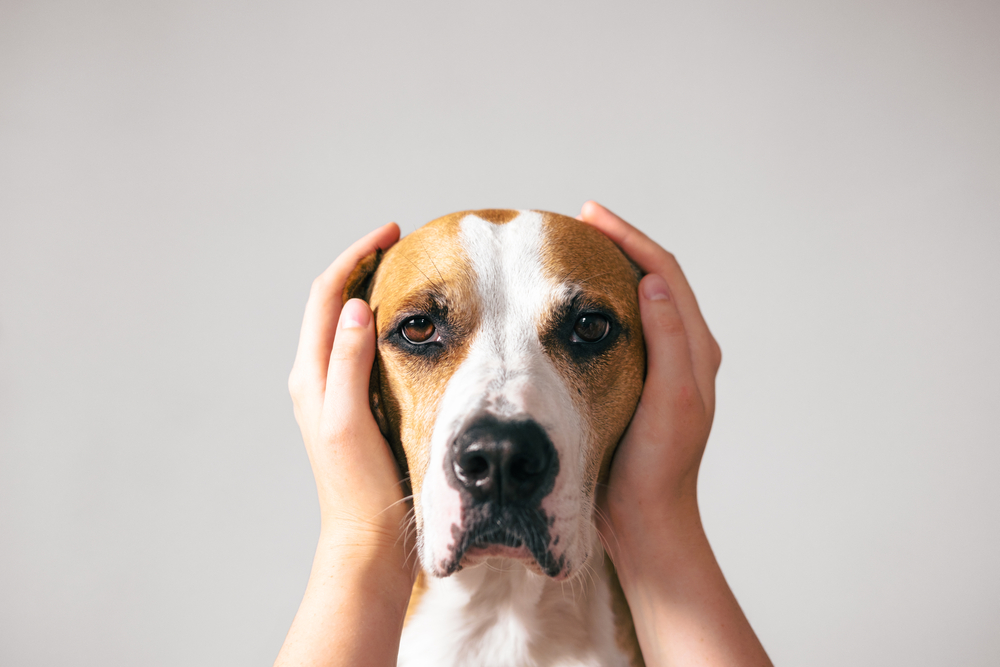
Many lhasa apso’s that suffer from thunderstorm or fireworks anxiety experience relief in a smaller, more isolated room of the house where music can be played at a loud volume.
A word of caution though, if your dog is also experiences separation anxiety leaving them alone in a room during may be counterproductive.
4. Try Using a Compression Wrap (Available in Many Sizes and Will Fit Your Lhasa Apso)
Many dogs are comforted by the feeling of compression across their body. One popular product many have found success with is the Thundershirt (available on Amazon). The product applies gentle, calming pressure that is very reassuring to many pups. The company claims the product to be helpful for about 80% of the dogs who tried it. It can be used to help calm your australian shepherd during fireworks, thunder, separation, travel, or vet visits, with no training and no medication required.
4. Try an Herbal Supplement for Your Lhasa Apso with Calming Herbs Like Chamomile, Passion Flower, Ginger Root or Valerian Root
Many calming supplements exist for dogs that are palatable for dogs, easy-to-feed, and can help quickly relieve your australian shepherd’s stress and give a sense of safety and calm. Some supplements contain calming herbs like chamomile, passion flower, ginger root, and valerian root are a great option. Some products, such as this bacon flavored soft chew for dogs, contain all of the calming herbs in one. This calming chew is also available on Amazon.
5. Experiment with a Pheromone Diffuser for Your Lhasa Apso
Canine pheromone diffusers mimic the calming pheromone that a mother dog emits while nursing her puppies. The diffuser can help many dogs feel calmer and more comfortable in stressful situations.
The same company that makes the Thundershirt above also makes a product called ThunderEase diffuser, which is also available on Amazon.
6. Try an Anti-Anxiety Supplement Containing L-Tryptophan, L-Theanine or Melatonin
Other popular ingredients in anti-anxiety supplements include the amino acids L-Tryptophan and L-Theanine, both of which offer calming properties and increase the release of “feel good” serotonin in your dog’s body. In addition, some calming products for dogs contain a small amount of melatonin, which can help regulate and improve their sleep. All these of these ingredients are available in some chews such as this. This calming chew is also available on Amazon.
7. Experiment with Using Your Own Scent & Sound to Calm Your Lhasa Apso
In my experience, using your own scent and sound to help calm your dog is a powerful strategy in beating anxiety. I stumbled upon this one day with my own dog by accident.
Typically, if I left the home my dog would instantly enter a panic. But one day I needed to take a long phone call, and left my dog outside my bedroom door where I took the call. During the call, she calmly lied next to the door, where she could obviously smell and hear me. It occurred to me that I could possibly mimic this tactic while I wasn’t at home.
I recorded my voice on a CD player and then put it on loop. Then I placed a used t-shirt on the inside of the door where she could easily smell it underneath. To my surprise, I was able to leave the house for a short time. (I monitored her on a video camera). I slowly increased the length of time I left, and always found her calm and sincerely believing that I was just behind the door!
If you’d like to read the full story of how I cured my dog’s extreme separation anxiety, go here.
Another great product to help calm your dog is the Comfort Cuddler Buddy. You can stuff the cozy fleece man with your clothing or pillow case with your scent, and leave with your dog.
Lastly, another popular calming product is the heartbeat puppy toy. Traditionally, these have been used to help calm puppies who recently left their litter. The plush toys come with a warming features as well as a simulated heartbeat. While originally intended for puppies, many dog owners have found they can effectively calm dogs of all ages. This popular model is available on Amazon.
Summary
Defeating your lhasa apso’s anxiety is possible, but every dog’s journey will look different. I hope the tools and strategies above will be helpful to your journey.
If you’d like to learn more about the Hemp oil and calming chews we use here at iHeartDogs, learn more below.
For best results, you can pair the above Hemp oil with the calming chews below. Between the 2 supplements, they offer 10 active and natural ingredients to help calm your dog without the use of medication.
Frequently Asked Questions:
Lhasa Apsos are a breed of small, intelligent dogs known for their loyalty and affectionate nature. However, like many other breeds, Lhasa Apso can be anxious and nervous dogs, especially due to their tiny stature. Many people find this breed experiences separation anxiety, particularly with loud noises, new people, and other common triggers. Find out how to cope with your dog’s anxiety for a more enjoyable life for your and your favorite pooch.
Why Is My Lhasa Apso So Anxious?
Lhasa Apsos are not necessarily more anxious than other breeds of dogs, but some of them take their anxiety to an extreme that is unacceptable, at least from a human point of view. Usually, something will trigger their anxious behavior, such as:
Genetics: Some dogs may have a genetic predisposition to anxiety, and certain breeds, such as Lhasa Apso, may be more prone to anxiety than others.
Lack of socialization: If your Lhasa Apso was not properly socialized as a puppy, they might be more anxious or fearful in new situations or around unfamiliar people or animals.
Traumatic experiences: If your Lhasa Apso has had a traumatic experience, such as being attacked by another dog or being in a car accident, they may develop anxiety as a result.
Changes in routine or environment: Changes such as moving to a new home, a new family member, or a change in schedule can be stressful for dogs and may cause anxiety.
Lack of exercise and mental stimulation: Dogs who do not receive enough exercise or mental stimulation may become bored or anxious.
Do Lhasa Apsos Have Bad Anxiety?
It’s not uncommon to find a Lhasa Apso with anxiety problems, and as an old breed (over 4000 years old), they are not likely to change. Originally they were bred as guard dogs for Tibetan Monks and holy temples, making them watchful and determined dogs. However, they require socialization from a young age to get over their anxiety and their watchful nature; otherwise, they may be aggressive toward animals and people.
Separation anxiety for this breed stems from their watchful nature. You are in their care, and they need to protect you from harm. They find it difficult to protect you when you are not nearby. The more time spent away from you, the longer they do not know if you are safe, and the more they worry as they have a close bond with their owner.
Additionally, Lhasa Apso may experience anxiety in response to loud noises, new people or situations, and other triggers. Sometimes too much human contact can cause anxiety with this breed as they become dependent on their human instead of themselves. If possible, start at a young age, giving your Lhasa alone time to get them used to the feeling.
Finally, Lhasa Apsos expect to have one consistent leader in their home. Without steady and cohesive leadership, they may run amok. Be sure to set one human as this dog’s leader to but make sure the other people in the home stay in command as well.
How Do I Know If My Lhasa Apso Has Anxiety?
Several signs can indicate that your Lhasa Apso is struggling with anxiety, although excessive barking almost always sits at the top of the list. Essentially, they become obnoxious and hard to deal with, such as with these signs:
Whining
Pacing or restlessness
Trembling or shaking
Aggression or destructive behavior
Excessive grooming or licking
Loss of appetite
Urinating or defecating in inappropriate places
Hiding or seeking constant attention
If you notice any of these behaviors in your Lhasa Apso, it is important to speak with a veterinarian or animal behaviorist to determine if anxiety is the underlying cause. A professional can help you develop a treatment plan that may include behavioral modification techniques, medication, or a combination of both. Often though, training at home can help with the right consistency and methods.
How Do You Calm Down A Lhasa Apso?
Calming a dog down depends on the cause and the personality of the dog; however, a few tried and true methods can help to reduce their anxiety and help them stay calm. Here are some options known to work:
Comfort: Lhasa Apso may feel better with some physical comfort such as cuddling, petting, or just being close to their owner.
Exercise: Exercise can help to release pent-up energy and relieve stress. Take your Lhasa Apso for a walk, play fetch, or engage them in other physical activities.
Calm environment: Creating a calm environment for your Lhasa Apso can help to alleviate anxiety. This can be done by providing a quiet space, turning off loud noises like TV, and providing a comfortable and safe environment.
Training: Training your Lhasa Apso can help to provide mental stimulation and a sense of structure, which can help to reduce anxiety.
Calming products: There are various calming products available in the market, such as calming sprays, collars, and diffusers, that may help to alleviate anxiety in dogs. CBD treats can help to calm your dog naturally.
Do Lhasa Apsos Have Mental Health Problems?
Lhasa Apso, like all dog breeds, can develop various mental health problems, including anxiety disorders and other behavioral issues. However, not all Lhasa Apso will experience mental health problems, and many can live happy and healthy lives with proper care and attention from their owners. As a whole, this breed does not have mental health issues.
Do Lhasa Apsos Get Attached To One Person?
Yes, Lhasa Apso are known to form strong bonds with their owners and may become particularly attached to one person. The person they choose needs to become their leader and give them direction and guidance. Although, this breed will accept all people who frequent their home with time and consider them part of their pack and as someone who needs guarding.
Are Lhasa Apsos Emotionally Sensitive?
Yes, Lhasa Apso are emotionally sensitive dogs. People often choose this breed because of they are affectionate and loyal to their families. They are faithful and affectionate with unique intelligent, and funny personalities and a fierce, stubborn streak that makes them brave. Still, they are often in tune with their owners and will even enjoy traveling. However, they are not great with loud or boisterous children, as they do not enjoy roughhousing.
What Triggers Lhasa Apso Anxiety?
Common triggers for anxiety include separation, loud noises, new people, new places, inadequate socialization, or a medical condition. As such tiny dogs, this breed does not handle new situations or noises as well as larger dogs. Often dogs are simply overwhelmed by too many stimuli and need to find a quiet place to decompress.
If your Lhasa Apso acts anxious, try to remove them from the situation with too many stimuli, such as putting them in your bedroom where it’s cool, dark, and away from the new situation or people. Stay with them for a couple of minutes and talk to them about what’s going on. Often hearing your voice will soothe them. Let them know they are doing a good job, and give them a chance to take a nap.
Why Is My Lhasa Apso So Emotional?
Lhasa Apso can be emotional due to their sensitive nature and their closeness with their favorite human. They form an emotional attachment and fierce loyal affection for that person which can cause their emotional personality. This attachment can sometimes lead to separation anxiety and other emotional issues if they are not socialized properly or are left alone for long periods. Try spending less time with your Lhasa Apso and get them used to spending time with other humans or animals to reduce the separation anxiety.
- Best Joint Supplement for Dogs
- Best CBD Gummies for Dogs
- Goat's Milk for Dogs
- Skin & Coat Supplements for Dogs
- Weight Gain Supplements for Dogs
- Muscle Building Supplements for Dogs
- Heart Supplements for Dogs
- Multivitamins for Dogs
- Pill Pockets for Dogs
- Digestive Enzymes for Dogs
- Turmeric for Dogs
- Liver Supplements for Dogs
- Tear Stain Supplement for Dogs
- Breath Fresheners for Dogs
- Kidney, Urinary, & Bladder Supplements for Dogs
- Stool Eating Deterrent for Dogs
- Eye Supplements for Dogs
- Melatonin for Dogs
- Apple Cider Vinegar for Dogs
- Green Lipped Mussels for Dogs
- L Theanine for Dogs
- Chondroitin Supplements for Dogs
- MSM for Dogs
- Valerian Root for Dogs
- Chamomile for Dogs
- Boswellia for Dogs
- L Tryptophan for Dogs
- Yucca for Dogs
- Licorice Root for Dogs
- Bromelain for Dogs
- Papain for Dogs
- Devil's Claw for Dogs
- Quercetin for Dogs
- Hemp gummy for dogs
- Best Hemp Dog Treats
- Best Hemp Oil for Dogs
- Best Calming Treats, Chews, & Supplements for Dogs
- Best Bone Broth for Dogs
- Best Fish Oil for Dogs
- Best Probiotics for Dogs
- Best Hip Dysplasia Supplements for Dogs
- Best Colostrum for Dogs
- Best Quercetin for Dogs
- Best Greens for Dogs Supplements
- Best Vitamin C Supplements for Dogs
- Best Probiotic for Dog with Allergies
- Best Taurine Supplements for Dogs
- Best Dog Food Toppers
- Best Anal Gland Supplement for Dogs
- Best Dog Probiotic Powder
- Best CoQ10 Supplement for Dogs
- Best Liquid Glucosamine for Dogs
- Best Wrinkle Creams, Balms, and Wipes for Dogs
- Best Puppy Calming Treats
- Best Colloidal Silver for Dogs
- Best Adaptogen Supplements for Dogs
- Best Cognitive Supplements for Dogs
- Best Bee Pollen for Dogs
- Best Vitamin A Supplements for Dogs
- Best Vitamin E Supplements for
- Best Liquid Glucosamine Supplements for Dogs
- Best SAM-e Supplements for Dogs
- Best Hyaluronic Acid Supplements for Dogs
- Best Apple Cider Vinegar Supplements for Dogs
- Best Diarrhea Medicine for Dogs
- Best Milk Thistle for Dogs
- Best Turkey Tail Mushroom Supplements for Dogs
- Best Astaxanthin Supplements for Dogs
- Best Lutein Supplements for Dogs
- Best Electrolyte Supplements for Dogs
- Best Coconut Oil for Dogs
- Best Prenatal Vitamins for Dogs
- Best Puppy Milk Replacements
- Best Iron Supplements for Dogs
- Best Dewormer Products for Dogs
- Best Mange Medications for Dogs
- Best Cough Relief Products for Dogs
- Best Sinus Relief Products for Dogs
- Best Collapsed Trachea Supplements for Dogs
- Best Fireworks Anxiety Relief Products for Dogs
- Best Thunderstorm Anxiety Relief Products for Dogs
- Best Travel Anxiety Relief Product for Dogs
- Best Supplements for a Dog with a Torn ACL
- Best Supplements for a Dog with Patellar Luxation
- Best Supplements for a Dog with Intervertebral Disc Disease
- Best Zinc Supplements for Dogs
- Best Biotin Supplements for Dogs
- Best Tart Cherry Supplements for Dogs
- Best Resveratrol Supplements for Dogs
- Best Ginkgo Biloba Supplements for Dogs
- Best Ashwagandha Supplements for Dogs
- Best Supplements for Dogs with Cushing's Disease
- Best Adrenal Supplements for Dogs
- Best NAD+ Supplements for Dogs
- Best NMN Supplements for Dogs
- Best Supplements for Dogs with Dementia
- Best Supplements for Dogs with CCD(Canine Cognitive Dysfunction)
- Best Fiber Supplements for Dogs
- Best Spirulina for Dogs
- Best Hairball Remedies for Dogs
- Best Eye Drops for Dogs with Allergies
- Best Magnesium Supplements for Dogs
- Best Brushes for Double-Coated Dogs
- Best Dandelion Root Supplements for Dogs
- Best Probiotic for Dogs with Yeast Infections
- Best Flaxseed Oil for Dogs
- Best Chamomile Supplements for Dogs
- Best Lavender Supplements. Treats & Sprays for Dogs
- Best Collagen Supplements for Dogs
- Best Kelp Supplements for Dogs
- Best Activated Charcoal for Dogs
- Best Slippery Elm Supplements for Dogs
- Best Supplements for Dogs with Seizures & Epilepsy
- Best Antioxidant Supplements for Dogs
- Best Ubiquinol Supplements for Dogs
- Best Hormone & Glandular Supplements for Dogs
- Best Thyroid Supplements for Dogs
- Best Iodine Supplements for Dogs
- Best Dog Shedding Supplements for Dogs
- Best Detox Supplements for Dogs
- Best Postbiotics for Dogs
- Best Aspirin Products for Dogs
- Best Dog Anti-Nausea Products
- Best Dog Mouthwashes
- Best Camelina Oils for Dogs
- Best Hemp Seed Oils for Dogs
- Best Natural Anti-Inflammatories for Dogs
- Best Cancer Supplements for Dogs
- Best Sardine & Anchovy Oils for Dogs
- Best Fatty Acid Supplements for Dogs
- Best Chia Seed Supplements & Treats for Dogs
- Best Olive Oils for Dogs
- Best Amino Acid Supplements for Dogs
- Best Moringa Supplements for Dogs
- Best Echinacea Supplements for Dogs
- Best Cranberry Supplements for Dogs
- Best D-Mannose Supplements for Dogs
- Best Nettle Leaf Supplements for Dogs
- Best Marshmallow Root Supplements for Dogs
- Best Astragalus Supplements for Dogs
- Best Pumpkin Seed Supplement for Dogs
- Best Supplements for a Dog Wetting The Bed
- Best Blueberry Supplement for Dogs
- Best Bromelain Supplements for Dogs
- Best Yucca Supplements for Dogs
- Best Ginger Supplements for Dogs
- Best Rosehip Supplements for Dogs
- Best Allergy Medicines for Dogs
- Best Reishi Mushroom Supplement for Dogs
- Best Maitake Mushroom Supplement for Dogs
- Best Chaga Mushroom Supplement for Dogs
- Best Shiitake Mushroom Supplement for Dogs
- Best Cordyceps Mushroom Supplement for Dogs
- Best Lion's Maine Supplement for Dogs
- Have question? - Ask in our Dog Health Forum
- CBD for Lhasa Apsos: What You Need to Know
- Best Supplements for a Senior Lhasa Apso
- Best Flea & Tick Products for Lhasa Apsos
- Best Online Dog Training Courses for Lhasa Apso
- Best Hip & Joint Supplement for a Lhasa Apso
- What Supplements Should I Give a Lhasa Apso Puppy?
- The 9 Best Lhasa Apso Puppy Foods
- Best Dog Beds for Lhasa Apsos
- Improve Your Lhasa Apso's Skin & Coat with This One Hack
- Giving This to Your Lhasa Apso Daily Can Alleviate Itchy Allergies
- 6 Natural Ingredients to Fight Your Lhasa Apso's Allergies
- 8 Ways to Stop Your Lhasa Apso's Scratching
- 7 Ways to Calm Your Lhasa Apso's Anxiety
- 6 Remedies for Your Lhasa Apso's Diarrhea, Gas, or Vomiting
- 7 Best Dental Chews for a Lhasa Apso

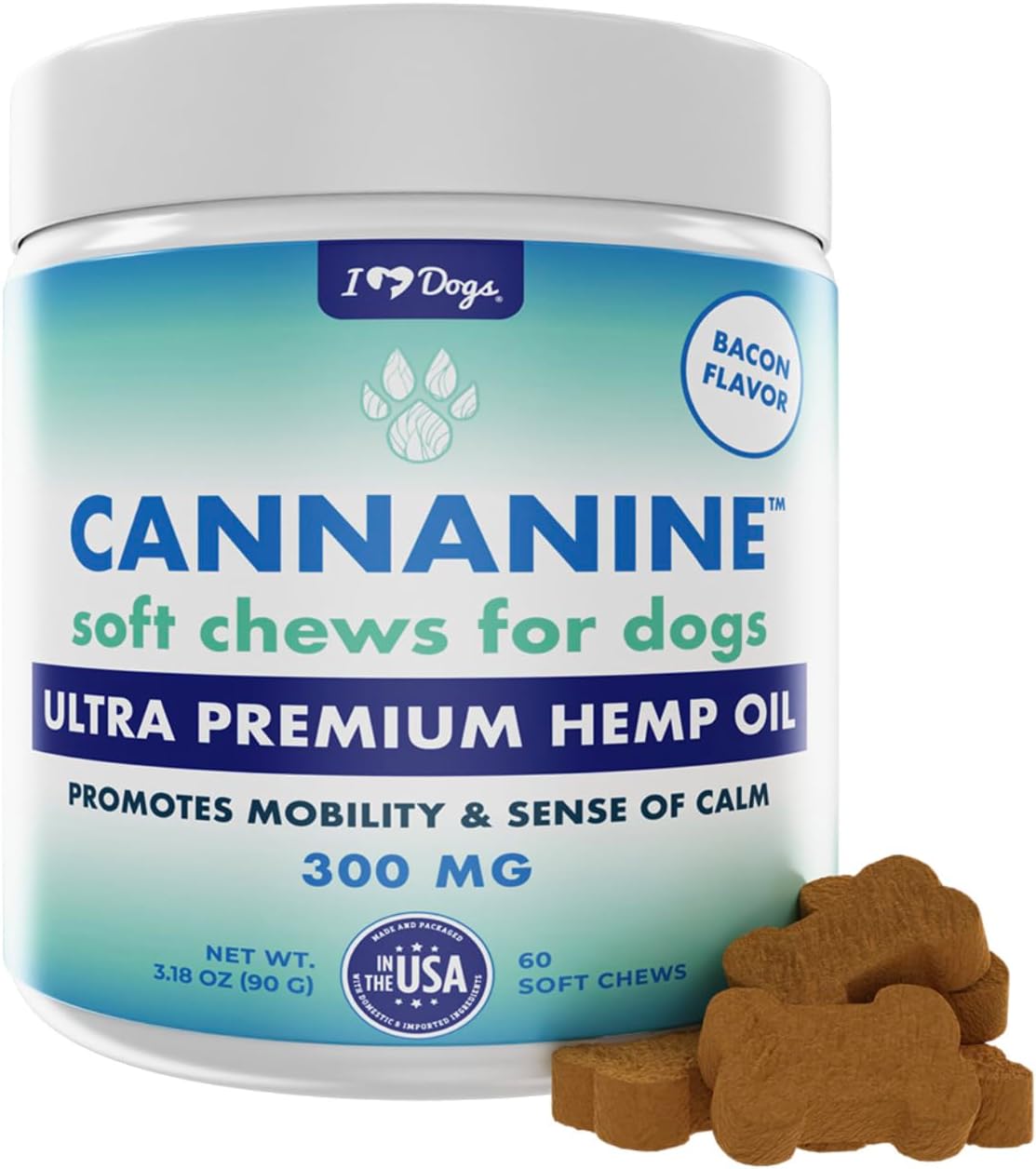
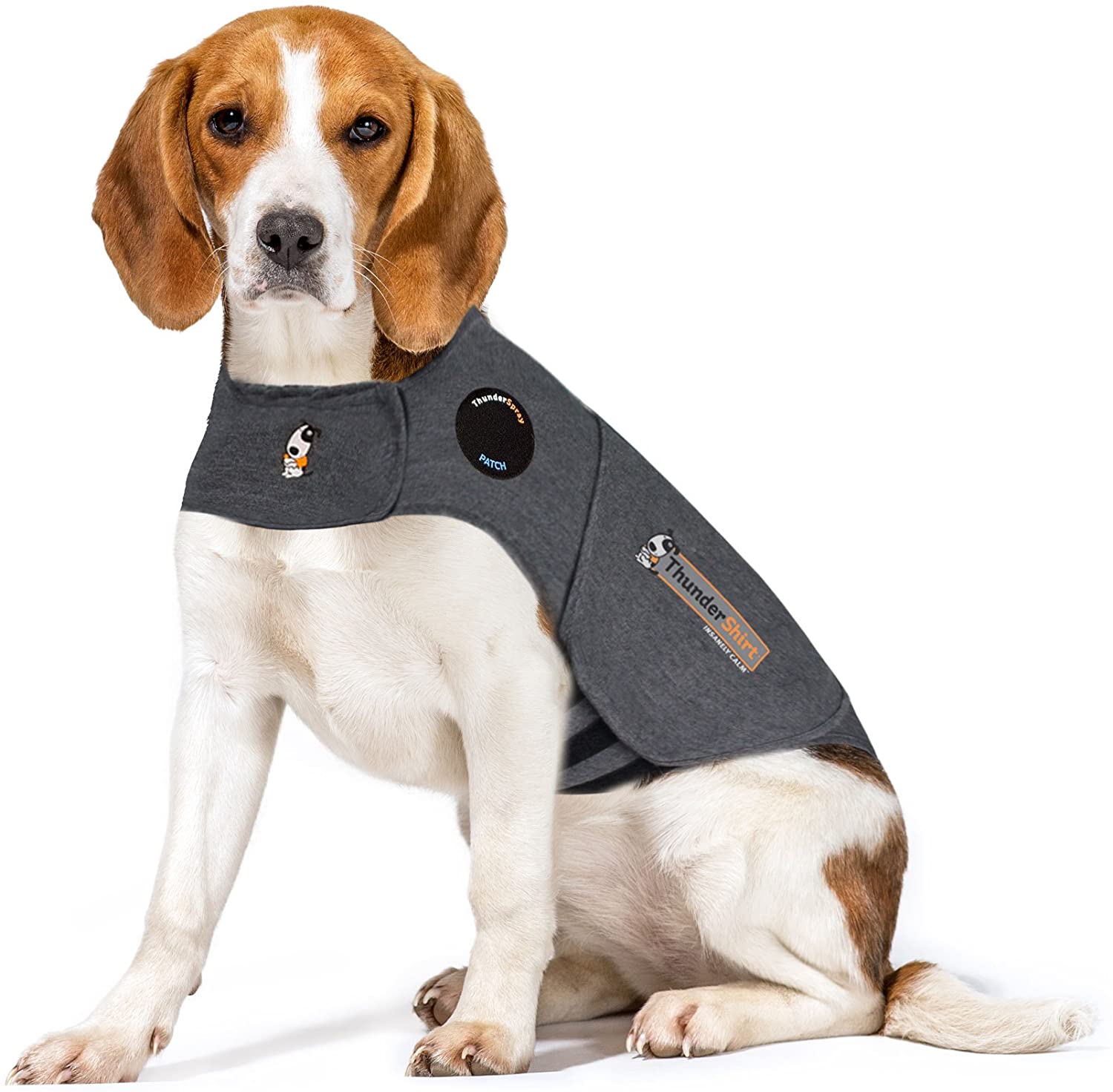
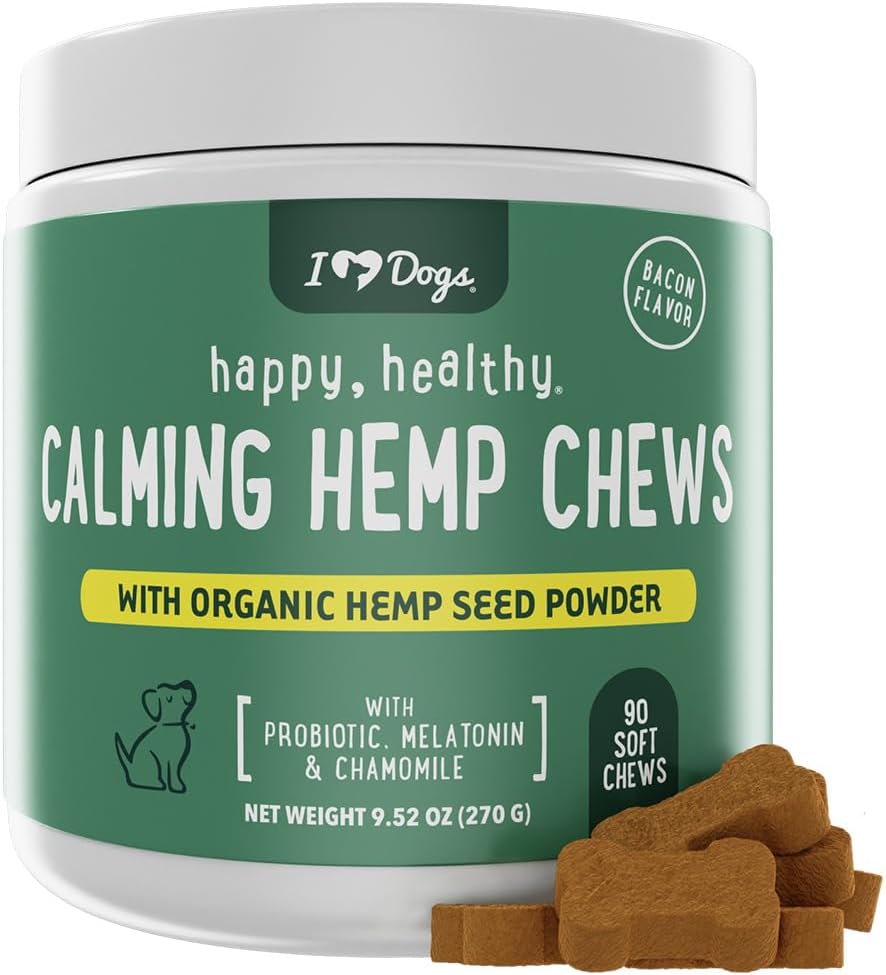
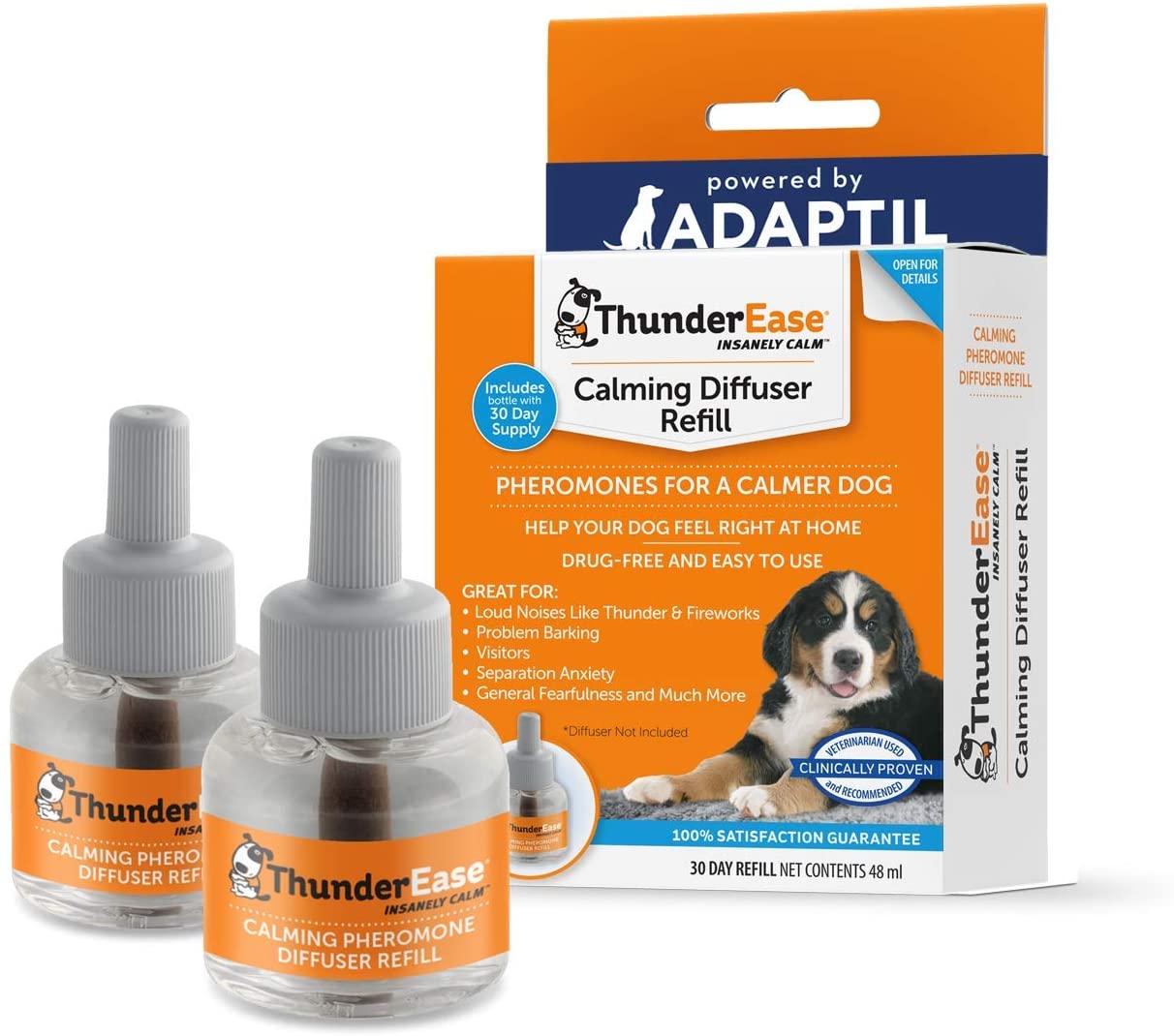

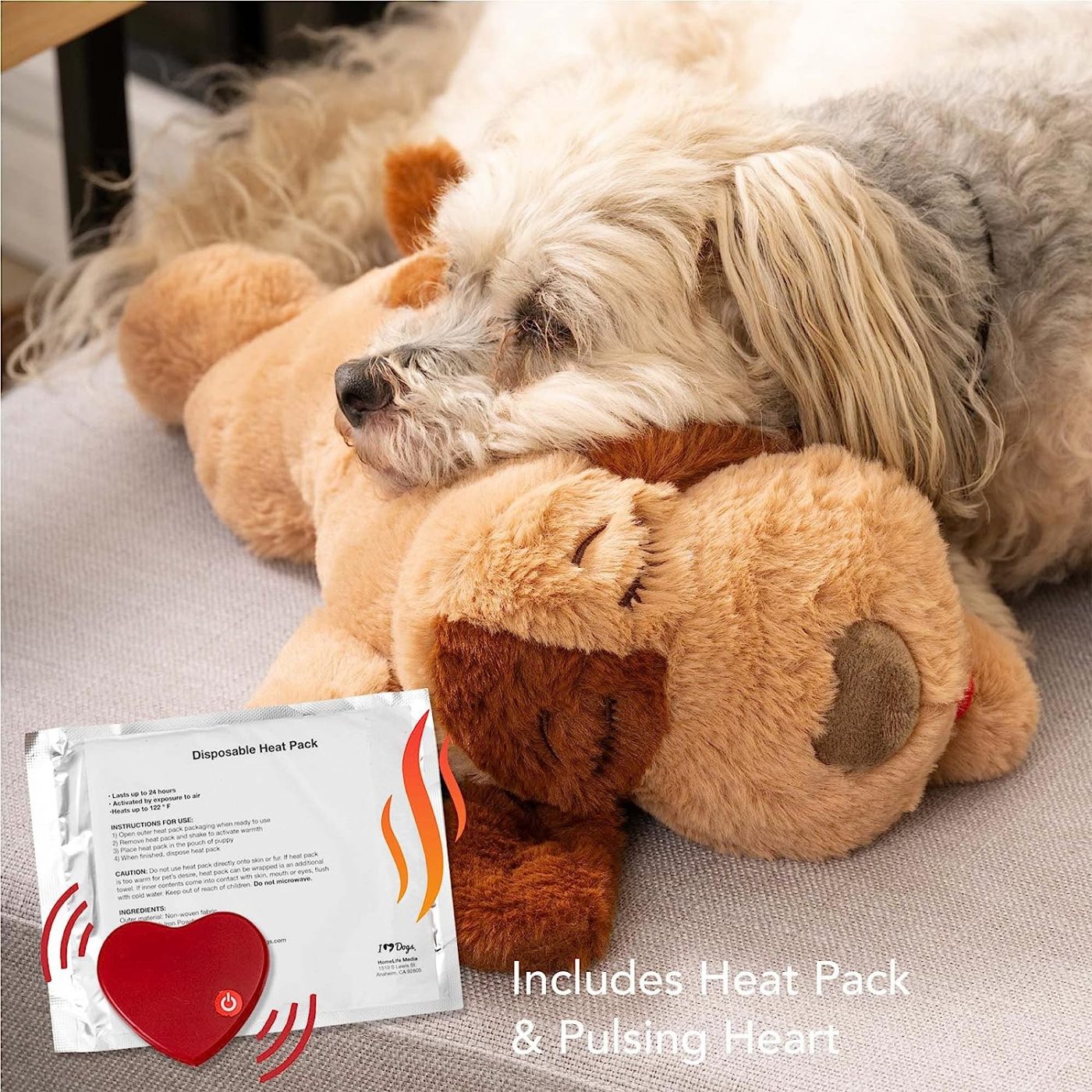
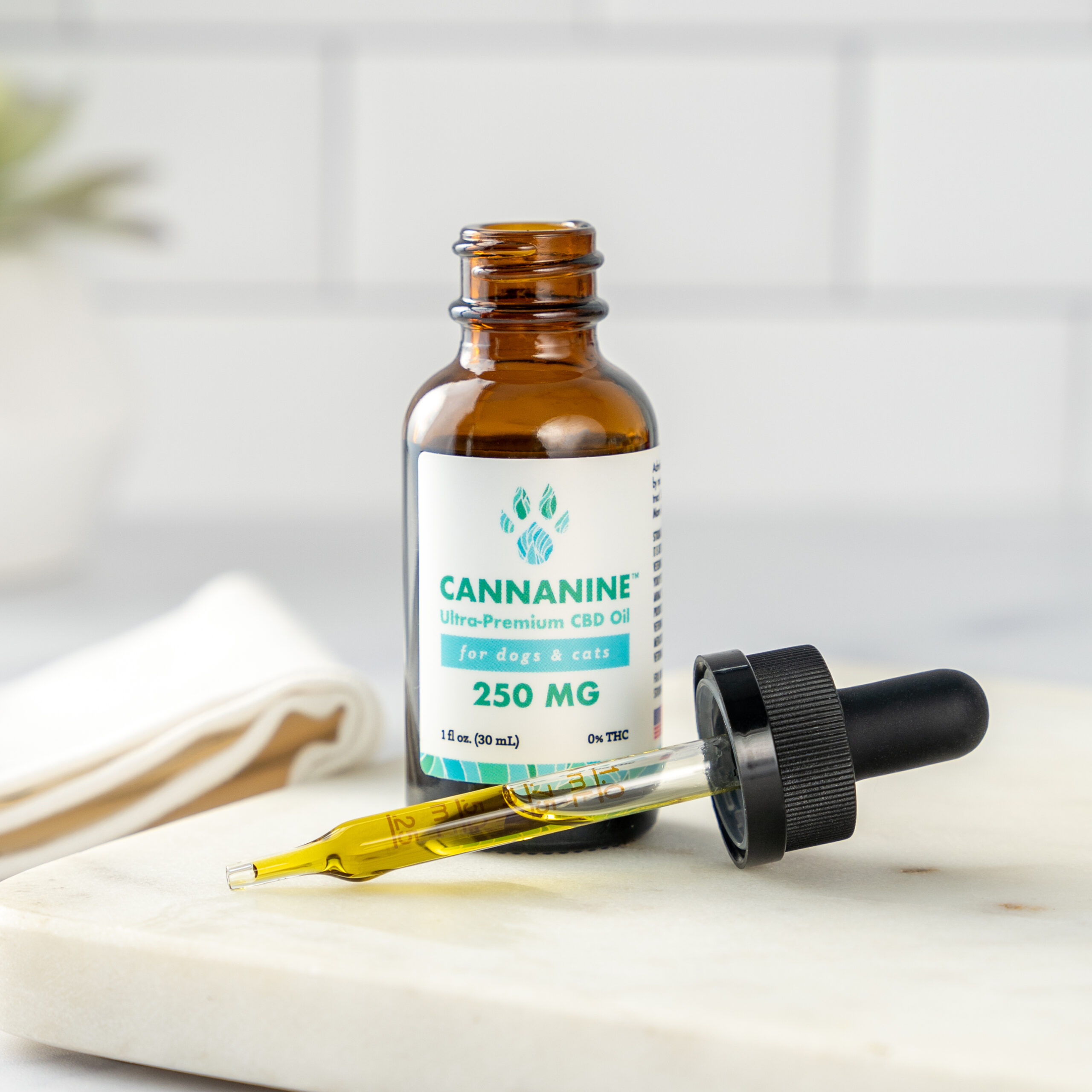
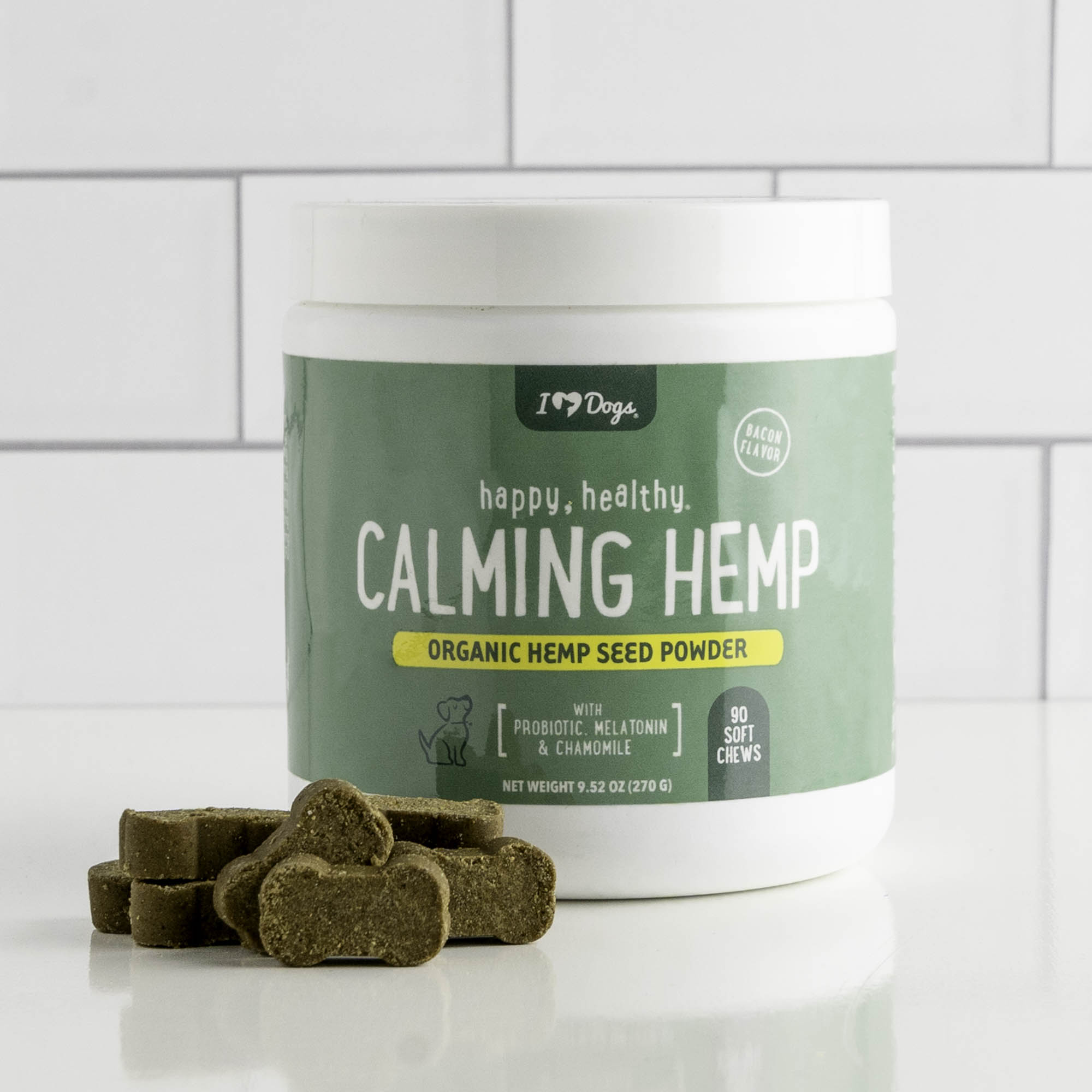
 Toledo, United States.
Toledo, United States.
